Home>Articles>How Long Does Bacon Stay Good In The Refrigerator
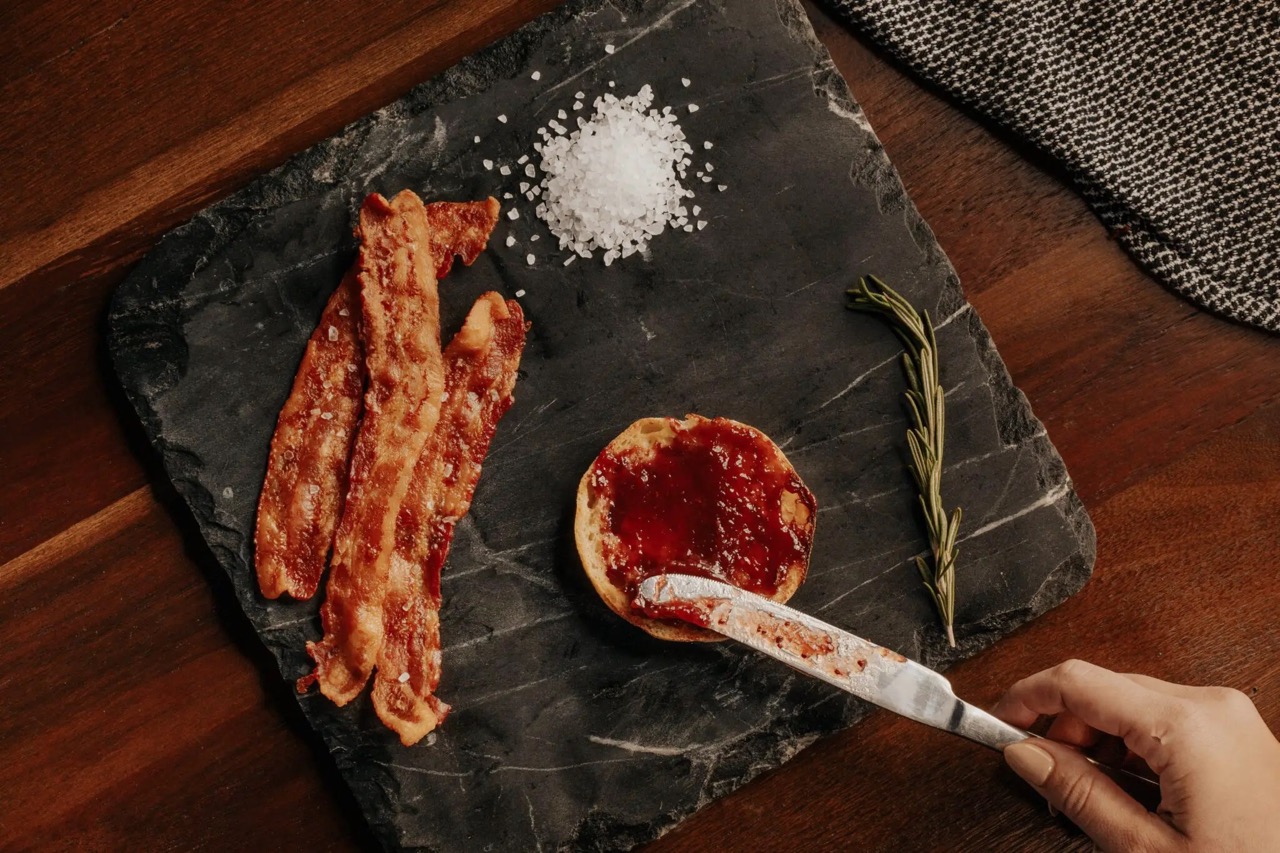

Articles
How Long Does Bacon Stay Good In The Refrigerator
Modified: October 20, 2024
Learn how long bacon stays good in the refrigerator and other useful articles on food storage. Discover expert tips and guidelines to ensure your bacon stays fresh and safe to eat.
(Many of the links in this article redirect to a specific reviewed product. Your purchase of these products through affiliate links helps to generate commission for Storables.com, at no extra cost. Learn more)
Introduction
Bacon is a beloved breakfast staple, known for its crispy texture and savory flavor. Whether you enjoy it as a standalone breakfast item, as a topping for sandwiches, or as an ingredient in various recipes, there’s no denying the appeal of bacon. But if you find yourself with an abundance of bacon on hand or if you’re simply wondering about its shelf life, you may be asking yourself, “How long does bacon stay good in the refrigerator?”
Knowing how to properly store bacon and understand its expiration dates can help you make the most of this delicious meat. In this article, we will explore the factors that can affect bacon’s shelf life, the proper storage methods, and tips for extending its freshness. So, let’s dive in and discover all you need to know about the shelf life of bacon.
Key Takeaways:
- Properly storing bacon in the refrigerator can extend its shelf life, with unopened bacon lasting 1-2 weeks past the “sell-by” date and opened bacon needing to be used within 7 days.
- Freezing unused portions, preventing air exposure, and cooking and storing cooked bacon can help maximize the shelf life of bacon and reduce waste.
Factors Affecting Bacon’s Shelf Life
Several factors can affect the shelf life of bacon. Understanding these factors can help you determine how long your bacon will stay good in the refrigerator. Here are the key factors to consider:
- Packaging: The packaging of the bacon plays a significant role in its shelf life. Bacon that is vacuum-sealed or tightly wrapped in plastic usually has a longer shelf life compared to bacon packaged in a simple plastic bag.
- Quality: The quality of the bacon, including the cut and the curing process, can impact its shelf life. High-quality bacon that has been properly cured tends to last longer.
- Preservatives: Some bacon brands may add preservatives, such as sodium nitrite or sodium erythorbate, to prolong its shelf life. These preservatives inhibit the growth of bacteria and help extend the freshness of the bacon.
- Temperature: The temperature at which bacon is stored can greatly affect its shelf life. Bacon should always be kept refrigerated at a temperature of 40°F (4°C) or below. Higher temperatures can accelerate the spoilage process.
- Air Exposure: Exposure to air can also impact the shelf life of bacon. When bacon is exposed to air, it can become dry and susceptible to bacterial growth. Properly sealing the bacon can help prevent these issues.
It’s important to note that while these factors can influence the shelf life of bacon, they are not absolute indicators. Each bacon product may have different expiration dates indicated on its packaging, so always refer to the manufacturer’s guidelines for the most accurate information.
Proper Storage of Bacon
Proper storage of bacon can help maintain its quality and extend its shelf life. Here are some essential tips for storing bacon:
- Refrigerate promptly: As soon as you bring bacon home from the store, it’s crucial to refrigerate it promptly. Leaving bacon at room temperature for an extended period can promote bacterial growth and spoilage.
- Store in original packaging: If the bacon is still sealed in its original packaging, it’s best to leave it as is. The packaging is specifically designed to maintain freshness and prevent contamination.
- Wrap in plastic wrap: If the original packaging has been opened or damaged, wrap the bacon tightly in plastic wrap or place it in a resealable plastic bag. This helps prevent exposure to air and slows down the drying process.
- Label and date: If you transfer the bacon to a different container, make sure to label it with the date of purchase or expiration. This will help you keep track of how long the bacon has been in the refrigerator.
- Use airtight containers: If you prefer to store bacon in a separate container, ensure it is airtight. Glass or plastic containers with tight-fitting lids work well for this purpose.
- Place on lower refrigerator shelf: Store bacon on the lower shelves of the refrigerator, where the temperature is typically colder and more consistent. This helps maintain its quality and reduces the risk of cross-contamination with other foods.
- Avoid freezer burn: If you have excess bacon that you won’t be able to consume before its expiration date, consider freezing it. Wrap the bacon tightly in freezer-safe packaging to prevent freezer burn.
By following these proper storage practices, you can help prolong the shelf life of your bacon and maintain its texture and flavor for an extended period.
Signs of Spoiled Bacon
It’s essential to be able to identify signs of spoiled bacon to ensure food safety. Here are some common indicators of spoiled bacon:
- Discoloration: If the bacon has a green, gray, or brownish color instead of its usual pink or red hue, it may be a sign of spoilage.
- Foul odor: Spoiled bacon often emits a strong, unpleasant odor that is different from its usual smoky smell. If the bacon smells sour or rancid, it’s best to discard it.
- Texture changes: When bacon spoils, its texture can become slimy or sticky. If the bacon feels slimy to the touch, it’s a clear indication that it should be thrown away.
- Mold growth: Visible molds on the surface of bacon are a definite sign of spoilage. If you notice any fuzzy patches or discoloration caused by molds, discard the bacon immediately.
- Off taste: Spoiled bacon often has an off taste that is different from its usual smoky, savory flavor. If the bacon tastes sour, bitter, or unpleasant, it’s best not to consume it.
It’s important to note that consuming spoiled bacon can lead to foodborne illnesses, such as bacterial or fungal infections. If you notice any of these signs, it’s crucial to discard the bacon to prevent any potential health risks.
Bacon can stay good in the refrigerator for 1-2 weeks if properly stored. Make sure to keep it in its original packaging or a sealed container to maintain freshness.
How Long Does Bacon Stay Good in the Refrigerator?
The shelf life of bacon can vary depending on several factors, including the quality, packaging, and storage conditions. On average, unopened bacon can last in the refrigerator for about 1 to 2 weeks past the “sell-by” date printed on the packaging. However, it’s important to note that the bacon is still safe to consume even after this period as long as it shows no signs of spoilage.
Once you open a package of bacon, its shelf life decreases. Opened bacon should be used within 7 days to maintain its optimal freshness and flavor. It’s crucial to store opened bacon properly to prevent bacterial growth and spoilage.
Additionally, by following proper storage practices, you can potentially extend the shelf life of bacon in the refrigerator. This includes keeping it sealed tightly in its original packaging or wrapping it in plastic wrap to minimize exposure to air and moisture.
If you’re unsure about the quality of your bacon or if it’s been in the refrigerator for an extended period, it’s best to use your senses to determine if it’s still good. Check for any signs of spoilage, such as discoloration, foul odor, texture changes, mold growth, or an off taste. If any of these signs are present, it’s recommended to discard the bacon to avoid any potential health risks.
Remember, these guidelines are general recommendations, and it’s always essential to refer to the manufacturer’s instructions and use your judgment when determining the freshness and safety of bacon.
Tips for Extending Bacon’s Shelf Life
To maximize the shelf life of bacon and prevent it from spoiling too quickly, here are some helpful tips:
- Freeze unused portions: If you have leftover bacon that you won’t be able to consume within a few days, consider freezing it. Wrap individual slices or portions tightly in freezer-safe packaging to prevent freezer burn. Frozen bacon can last in the freezer for up to 3 months.
- Prevent air exposure: Exposure to air can cause bacon to dry out and become susceptible to spoilage. Whether the bacon is opened or unopened, always ensure it is tightly sealed to minimize air exposure. This can be done by using the original packaging, wrapping it in plastic wrap, or using airtight containers.
- Separate portions before freezing: If you plan to freeze bacon, it’s helpful to separate the slices beforehand. This way, you can easily remove the desired amount without having to thaw the entire package.
- Thaw bacon properly: When you’re ready to use frozen bacon, it’s important to thaw it properly to maintain its quality. The best method is to thaw it in the refrigerator overnight. Avoid thawing bacon at room temperature, as this can promote bacterial growth.
- Cook unused bacon: If you have cooked bacon that you won’t be able to consume right away, consider cooking it until it’s crisp and storing it in an airtight container in the refrigerator. Cooked bacon can last for up to a week, but remember to check for any signs of spoilage before consuming it.
- Frequent temperature checks: Ensure that your refrigerator maintains a temperature of 40°F (4°C) or below. Regularly check the temperature with a thermometer to ensure it is within the safe range. Consistent temperature control can help extend the shelf life of bacon and other perishable foods.
By following these tips, you can help extend the shelf life of bacon and reduce the potential for waste. Proper storage, freezing, and thawing techniques will help you enjoy delicious bacon for longer periods without compromising its quality or safety.
Conclusion
Understanding the shelf life of bacon and how to properly store it is essential for ensuring its freshness and safety. By considering factors such as packaging, quality, preservatives, temperature, and air exposure, you can effectively extend the shelf life of bacon and minimize the risk of spoilage.
While unopened bacon can last in the refrigerator for 1 to 2 weeks past the “sell-by” date, opened bacon should be used within 7 days. However, always trust your senses and look for signs of spoilage, such as discoloration, foul odor, texture changes, mold growth, or an off taste, before consuming any bacon.
To further extend the shelf life of bacon, consider freezing the leftovers in proper packaging, preventing air exposure, and thawing it correctly when needed. Additionally, cooking and storing cooked bacon can provide another way to enjoy this delicious meat for a longer period.
Remember to follow proper storage methods, including refrigerating promptly, using original packaging or airtight containers, and keeping bacon on the lower refrigerator shelves. Regularly checking the refrigerator temperature and maintaining it at 40°F (4°C) or below is crucial for preserving the quality of bacon and other perishable foods.
In conclusion, with a little knowledge and attention to detail, you can make the most of your bacon and ensure it stays fresh and delicious for as long as possible. By following the tips and guidelines provided in this article, you can enjoy bacon with confidence, knowing you’re making the most of its shelf life.
Frequently Asked Questions about How Long Does Bacon Stay Good In The Refrigerator
Was this page helpful?
At Storables.com, we guarantee accurate and reliable information. Our content, validated by Expert Board Contributors, is crafted following stringent Editorial Policies. We're committed to providing you with well-researched, expert-backed insights for all your informational needs.
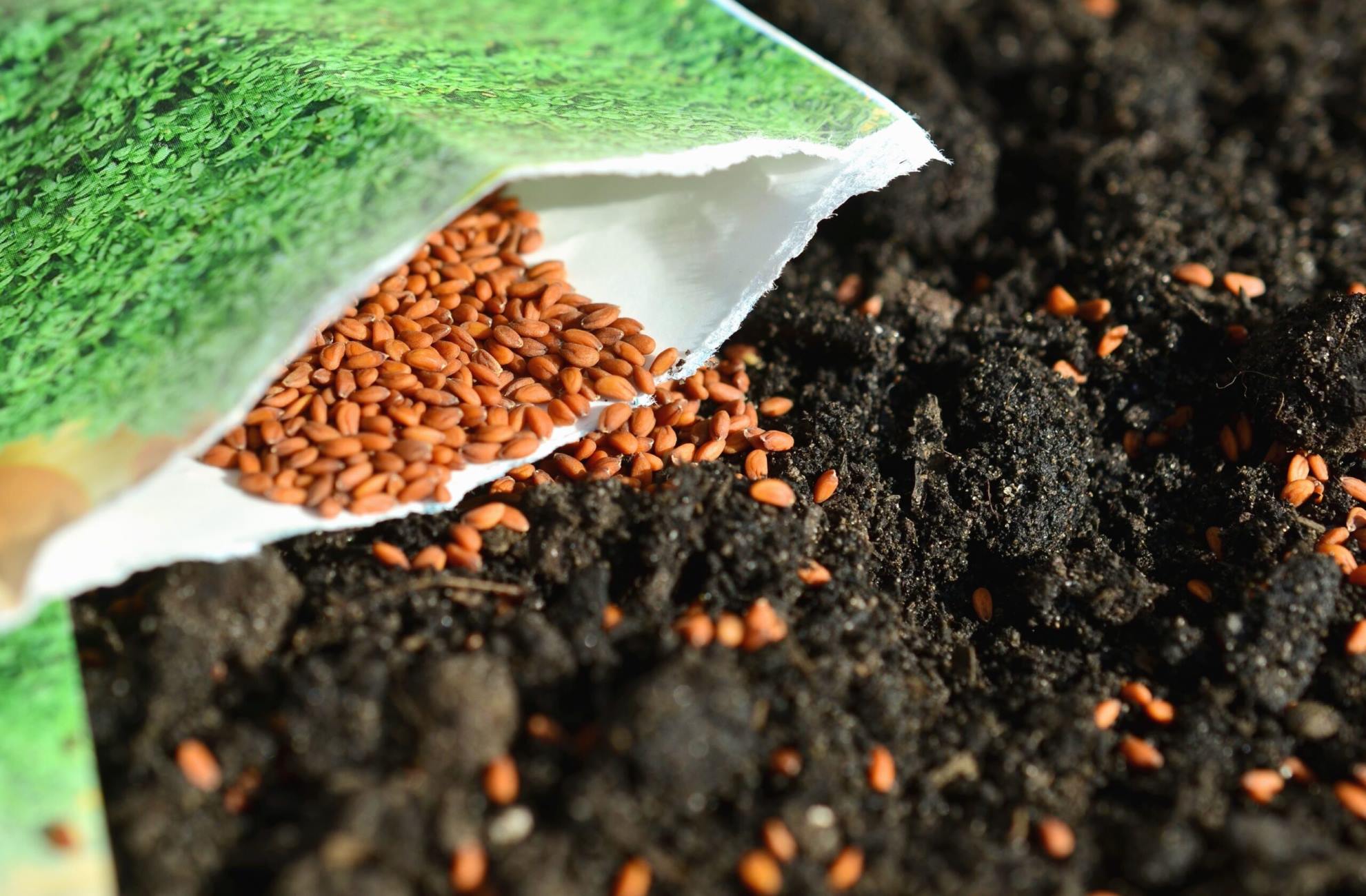
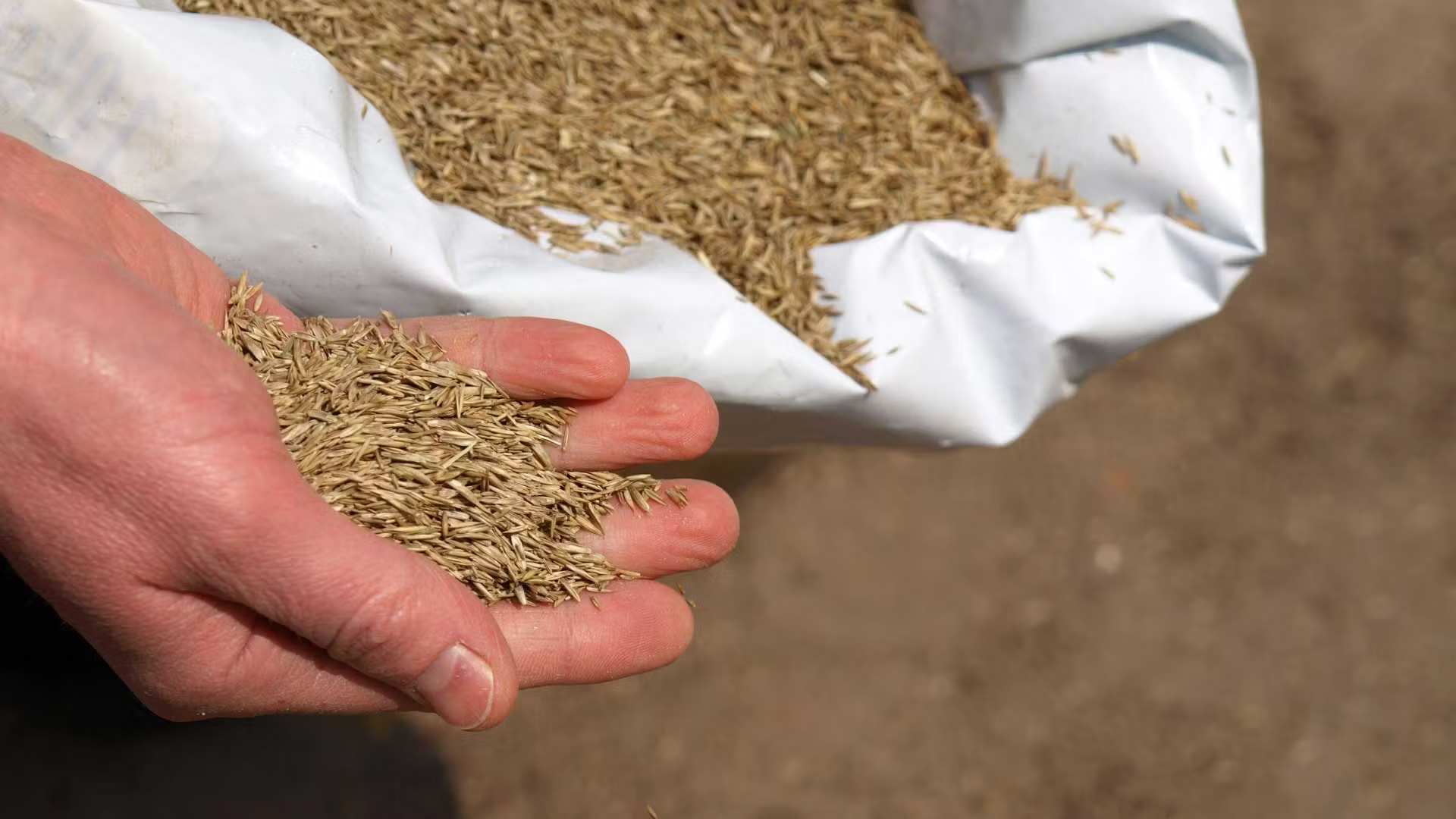

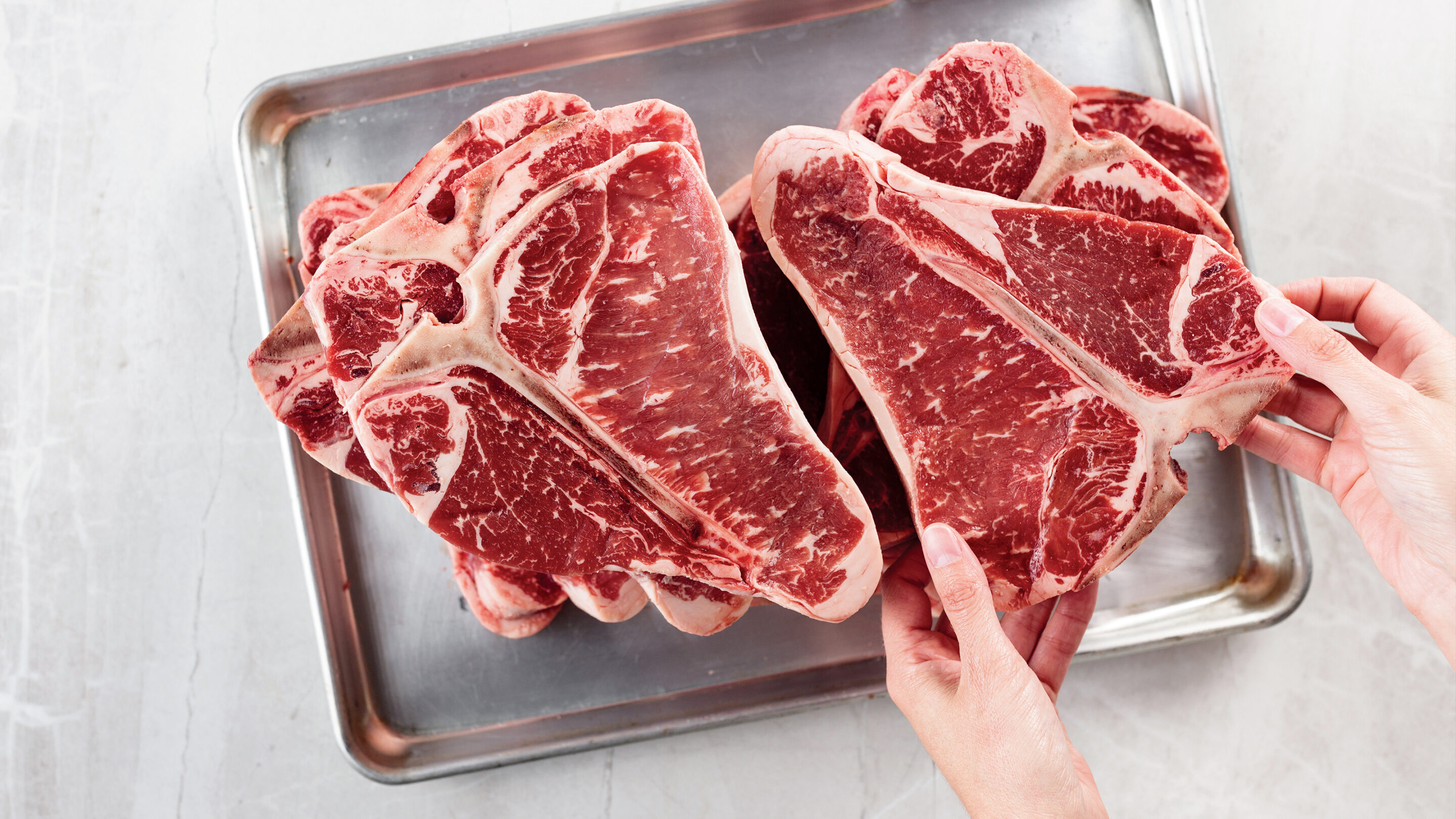

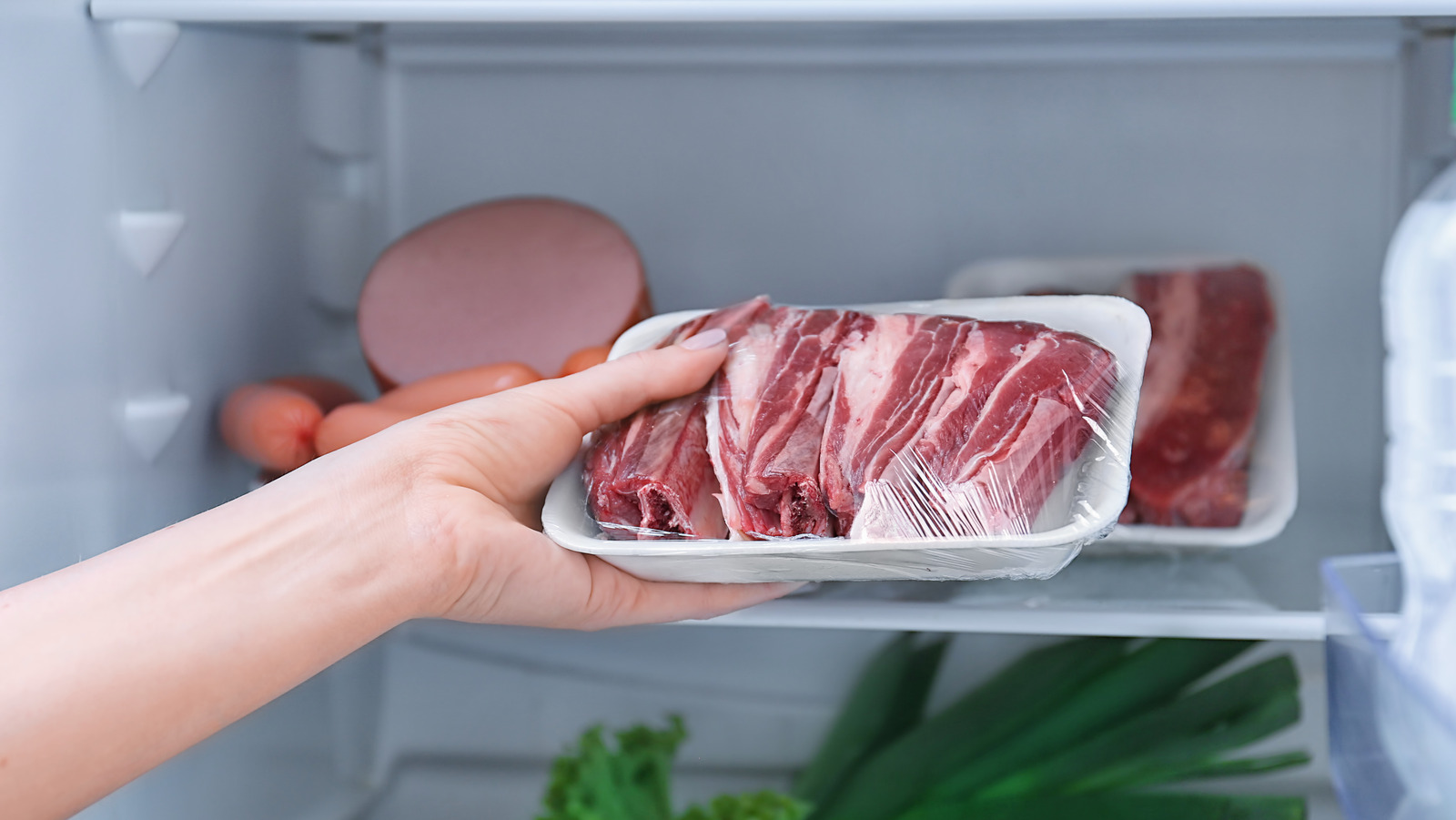




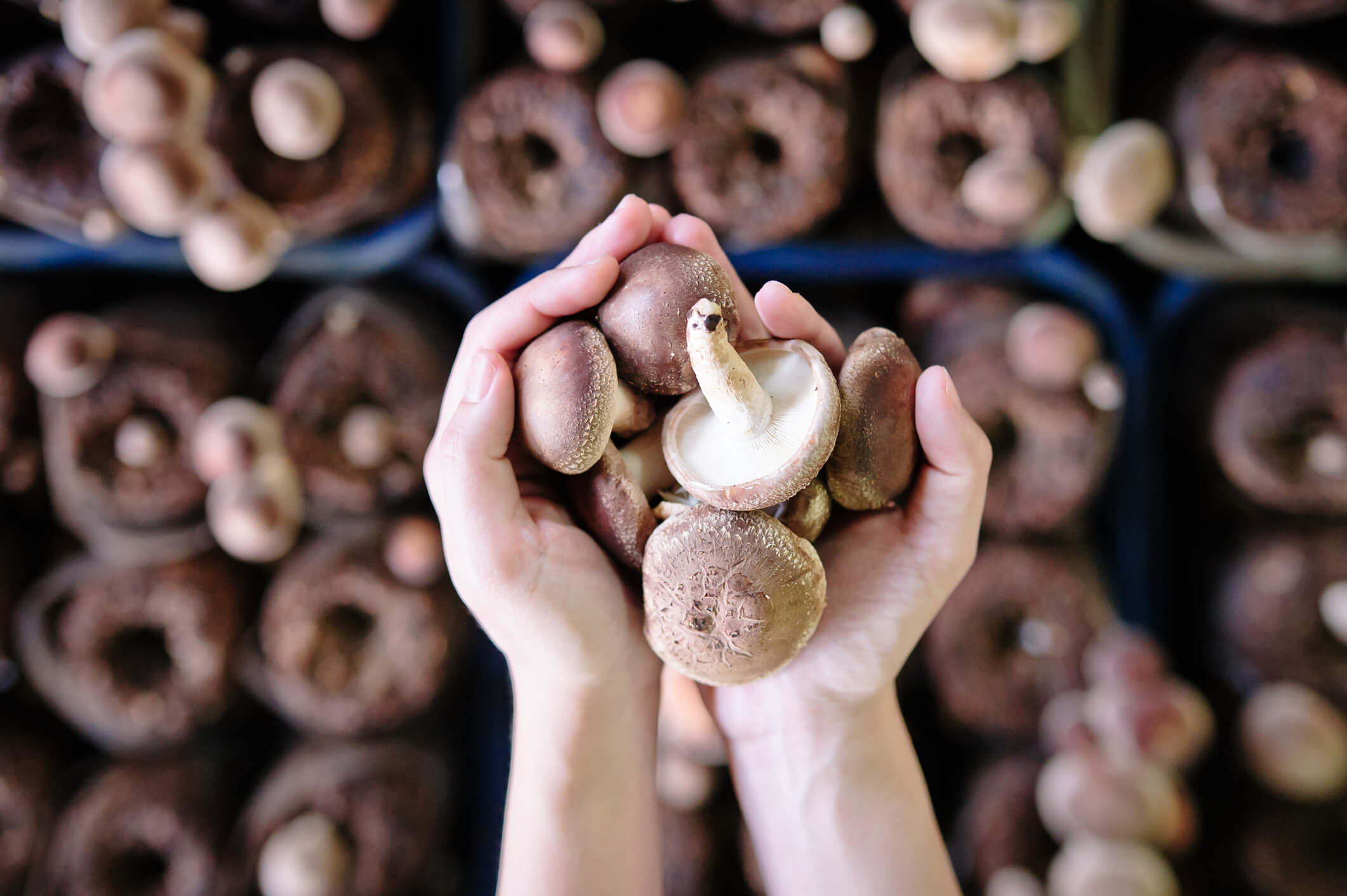
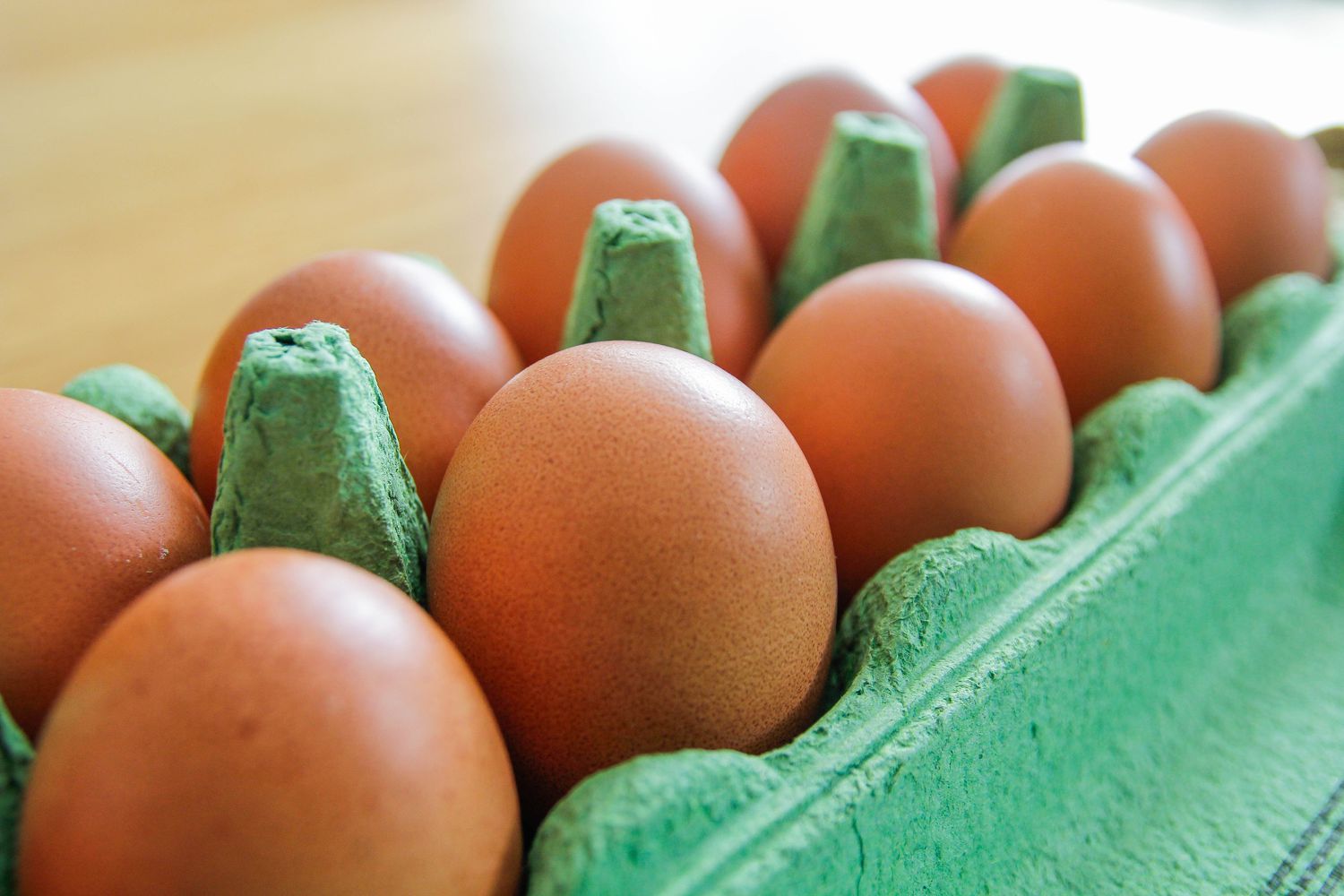
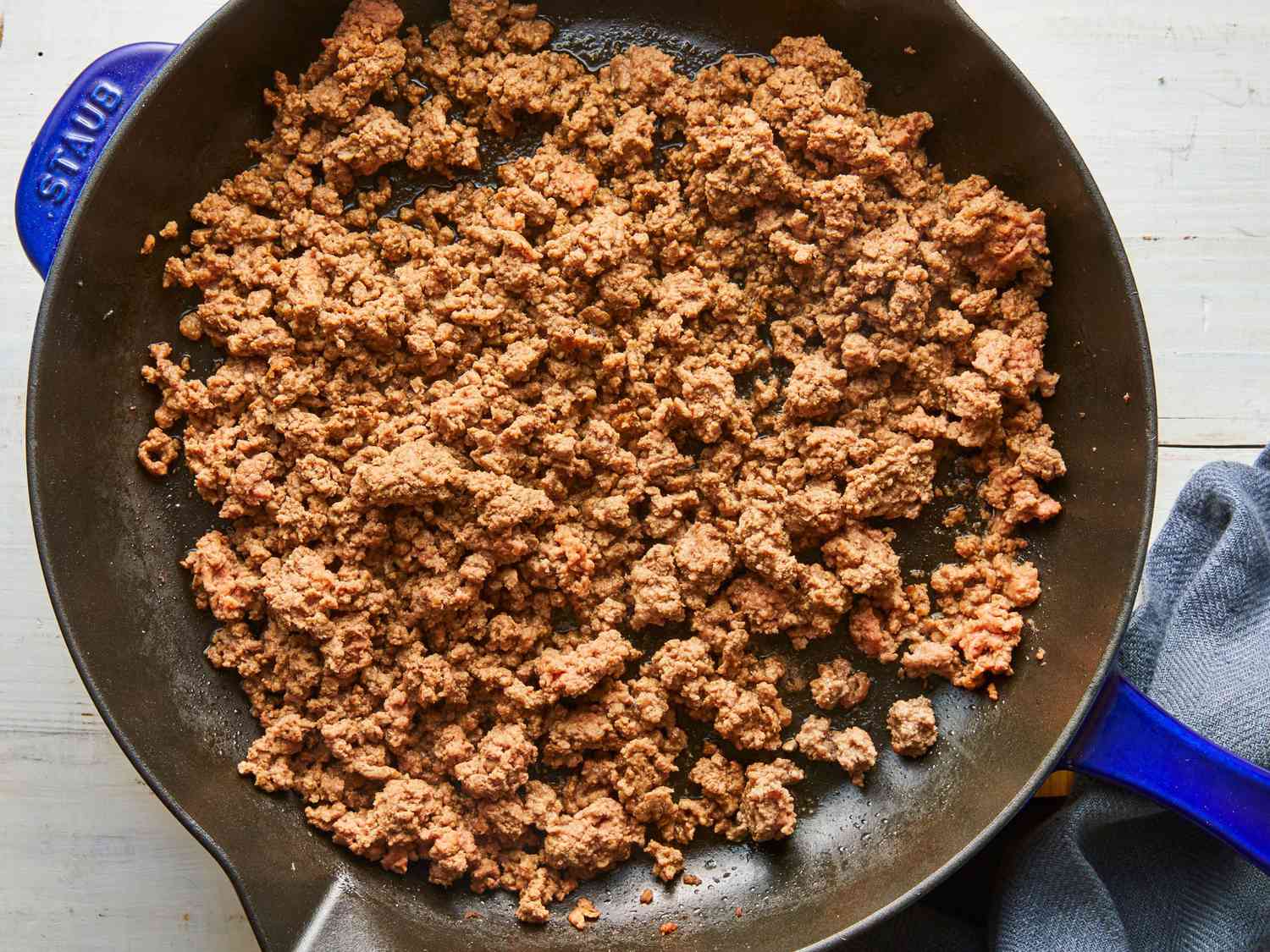
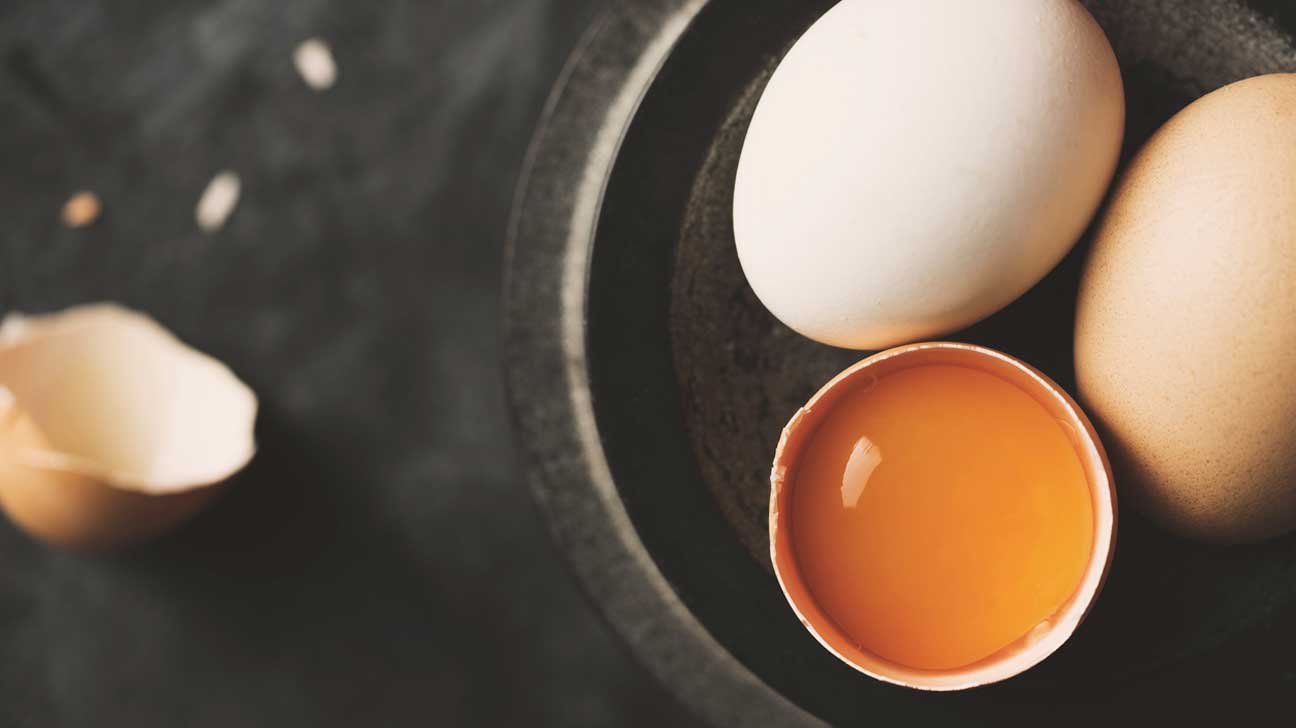

0 thoughts on “How Long Does Bacon Stay Good In The Refrigerator”